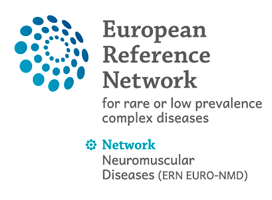08 Oct 2022
Home > Publications >
A A A
Genetic approaches and pathogenic pathways in the clinical management of Charcot-Marie-Tooth disease.
Authors:
Berta Estévez-Arias, Laura Carrera-García, Andrés Nascimento, Lara Cantarero, Janet Hoenicka, Francesc Palau
| Charcot-Marie-Tooth (CMT) disease is the most common inherited neuromuscular disorder, affecting at least 1 in 2500 individuals. CMT refers to a heterogeneous group of inherited neuropathies from both phenotypic and genetic points of view. Over the last decades, there have been important advances not only in the identification of causative genes but also in understanding the molecular basis for many forms of CMT. In fact, to date, around 100 genes have been related to CMT disease, thanks to next generation sequencing techniques, and they have been proven to affect either the myelin or axon of peripheral nerves. Moreover, its genetic diagnosis has remarkedly improved, although there are still difficulties when it comes to treatment. In this review, we explore in depth the eight most prevalent genes associated with CMT: GDAP1, GJB1, HINT1, MFN2, MPZ, PMP22, SH3TC2, and SORD. We also address the disrupted cellular processes and pathophysiological mechanisms involved in the disease. A better understanding of the pathogenic mechanisms responsible for each type of CMT would be essential to identifying molecular targets and therapeutic strategies. |

